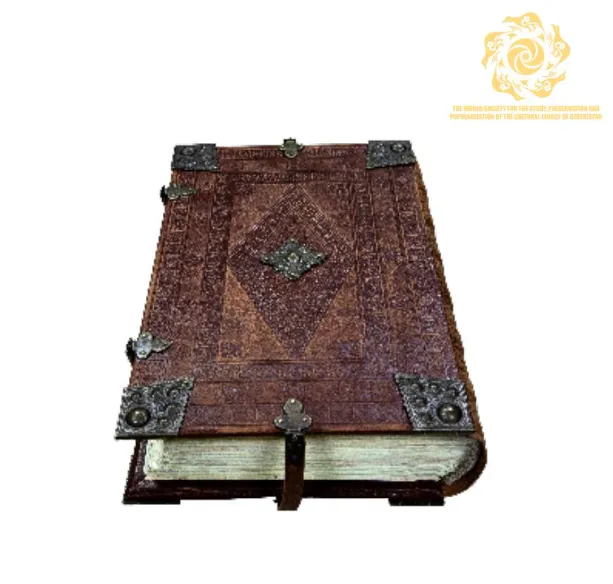The brilliant scholar and physician from Bukhara, Abu Ali ibn Sina (Avicenna), had a tremendous impact on the development of world medicine. His major work, The Canon of Medicine, was recognized during the Middle Ages as one of the most authoritative encyclopedias of medical knowledge and was studied in European universities.
One of the rarest surviving relics of this heritage is the Hebrew translation of the Canon, preserved in the library of Bologna. This manuscript, dating back to the 13th century, became an important bridge between the science of the Islamic world and medieval Europe. Thanks to it, the works of the great scholar became accessible to Latin-speaking and later Italian physicians.
In the Canon, Ibn Sina described more than 760 medicines, systematized the principles of diagnosis and treatment, and laid the foundations of medical ethics. His holistic approach to the human body anticipated many ideas of modern medicine.
The preservation of this manuscript in Bologna serves as a vivid testament to how knowledge born in the land of Uzbekistan became a treasure of world civilization. Today, the works of Ibn Sina continue to inspire scientists and physicians across the globe.

The material is based on the book "Cultural Legacy of Uzbekistan in the Collections of Italy" (Volume 32, series "Cultural Legacy of Uzbekistan in the World Collections"). The book was published within the framework of the international project World Society for the Study, Preservation, and Popularization of the Cultural Legacy of Uzbekistan (WOSCU). The book is available in libraries, museums, and on the official website of the project: www.woscu.org .
WOSCU Press Service
